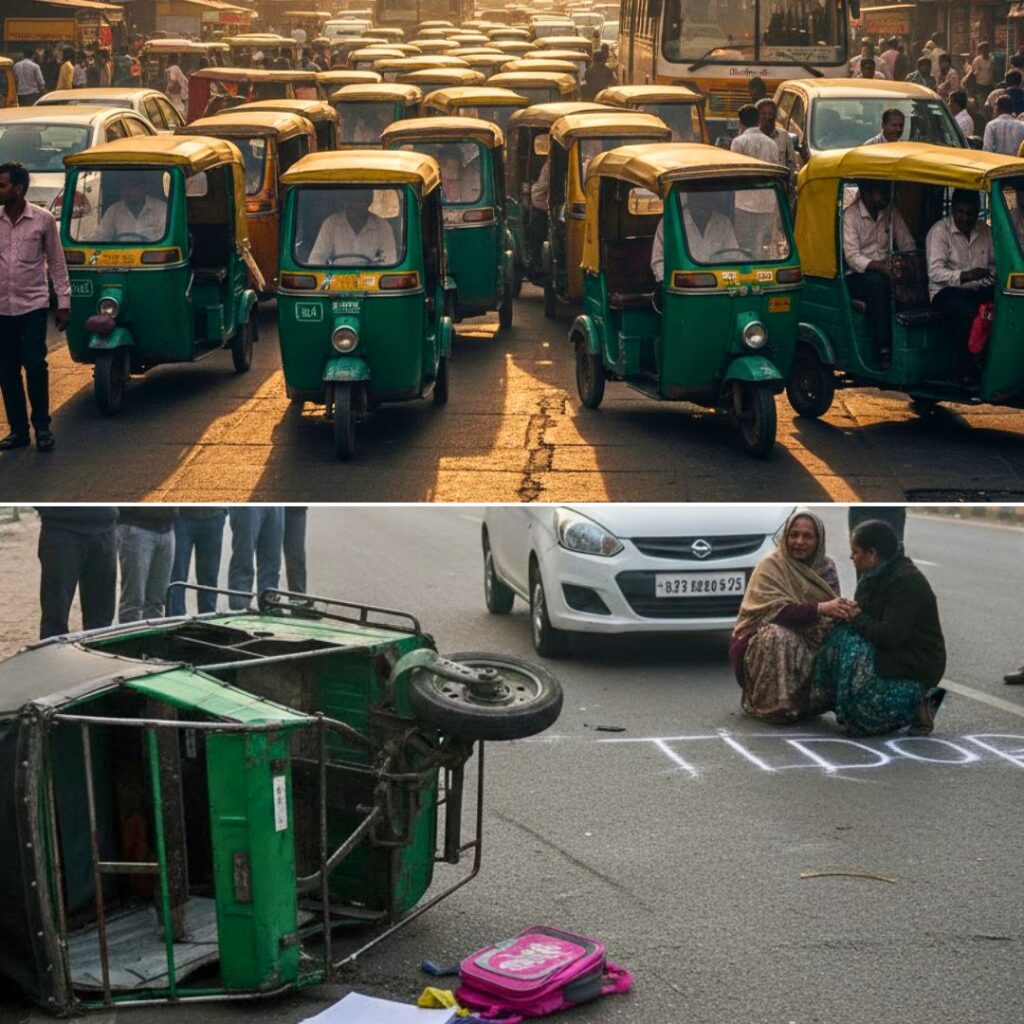Pakistan and Afghanistan have been engaged in intense border clashes since October 11, 2025, resulting in dozens of casualties on both sides. Pakistan reports 23 soldiers killed and 29 injured, while the Afghan Taliban claims to have killed 58 Pakistani soldiers.
The fighting prompted Pakistan to close its key border crossings, Torkham and Chaman. Both nations accuse each other of initiating the conflict, with Pakistan blaming Taliban militants and Afghanistan citing Pakistani airstrikes as provocation. Diplomatic calls for calm have followed, but skirmishes continue amid deep-rooted mistrust.
Heavy Clashes Along the Durand Line
The recent outbreak of violence occurred along the heavily contested Durand Line, the de facto border separating Pakistan and Afghanistan. Both sides deployed artillery, tanks, and infantry forces in fierce fighting that lasted for several days. Pakistan’s military states it neutralised over 200 Afghan Taliban fighters and allied militants, while the Taliban admitted to losing nine fighters and suffering injuries to nearly 18 others.
Afghan forces reportedly seized three Pakistani border posts located in Kunar and Helmand provinces, intensifying the conflict. Pakistan’s government reinforced its troops near the frontlines, with Prime Minister Shehbaz Sharif promising a robust response to the attacks.
Meanwhile, Afghanistan’s Foreign Minister, Amir Khan Muttaqi, announced a temporary pause in Afghan military operations to reduce immediate tensions, following international diplomatic pressure.
Escalation Amid Cross-Border Accusations
The clashes serve as the latest escalation in a series of border tensions between Pakistan and Afghanistan. Earlier in the week, Pakistan launched airstrikes targeting militant groups in Kabul and eastern Afghanistan, alleging they were behind recent attacks on Pakistani territory. The Taliban government denies harbouring such militants, decrying the airstrikes as violations of Afghan sovereignty.
These events have further strained relations between the two neighbours, undermining previous efforts to maintain peace along their border. Pakistan’s closure of the important border points at Torkham and Chaman has disrupted trade and movement, sharpening the humanitarian impact on border communities dependent on cross-border commerce.
External actors such as Qatar and Saudi Arabia have urged restraint and dialogue to prevent further deterioration.
Context and Historical Background
The Pakistan-Afghanistan border has long been a flashpoint due to disputed territorial claims, ethnic ties spanning both sides, and the presence of militant groups exploiting the porous frontier. The Durand Line, drawn during British colonial rule, remains unrecognised by Afghanistan as an official border, complicating governance and security cooperation.
The Taliban’s return to power in Kabul in 2021 introduced new dynamics, as Islamabad’s relations with the Taliban government fluctuated amid concerns over militant sanctuaries and regional security. Previous incidents in 2024 and early 2025 saw similar cross-border clashes and accusations, highlighting the fragility of peace efforts.
This cycle of violence underscores the urgent need for mechanisms to address border management and mutual security concerns.
The Logical Indian’s Perspective
The Logical Indian believes that the cycle of violence and retaliation along the Pakistan-Afghanistan border undermines the potential for peace and prosperity in a region already afflicted by decades of conflict. War only perpetuates suffering on both sides, especially for the civilians caught between fighting forces.
There is an urgent need for dialogue rooted in empathy, respect, and mutual understanding to prevent further bloodshed. Both countries must prioritise diplomatic channels and involve neutral mediators to rebuild trust and create cooperative frameworks for border security.
The international community should play a constructive role in facilitating talks and supporting peacebuilding initiatives.











